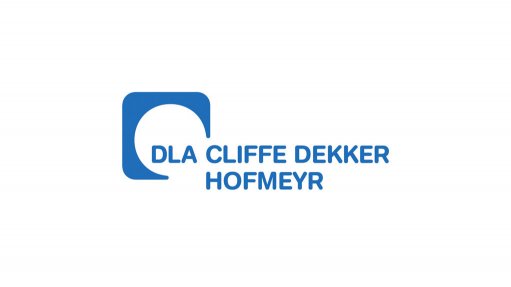
From 2008 the Competition Commission has been investigating the cement industry. In particular, the Commission investigated whether the effects of a lawful cartel in respect of the manufacture and distribution of cement persisted. This lawful cartel existed in terms of an exemption granted to cement producers in terms of legislation, which was withdrawn by the Competition Board in 1995 and the cartel had to be terminated by the end of September 1996.
To give effect to the lawful cartel a set of institutional arrangements were agreed upon. In terms of these arrangements:
- market shares between the participants were agreed to based on the production capacity of each firm;
- the South African market was divided into two main regions (North and South);
- the participants' cement was sold and distributed through Cement Distributors (South Africa) Proprietary Limited (CDSA) in the Northern Region and Cape Sales Proprietary Limited (Cape Sales) in the Southern Region and, at the end of each accounting period, the proceeds of the cement sales were distributed between the participants based on a quota; and
- a uniform pricing model was agreed upon.
These agreements persisted following the termination of the legal cartel. Pretoria Portland Cement Company Limited (PPC), Lafarge Industries South Africa Proprietary Limited (Lafarge), AfriSam (South Africa) Proprietary Limited (AfriSam) and Natal Portland Cement Cimpor Proprietary Limited (NPC) agreed to exchange information through the auditors of the Cement and Concrete Institute in order to monitor and maintain market shares and pricing structures.
PPC was granted leniency in this investigation and, accordingly, was not liable to pay an administrative penalty. AfriSam and Lafarge both settled with the Commission, on payment of a penalty of 3% and 6% of turnover, respectively.
Accordingly, NPC was the only party in this matter not to settle with the Commission and, the Commission has now decided to prosecute the matter against NCP and seek the maximum penalty of 10% of NPC's total turnover.
This case highlights the Commission's approach in the event of not being able to settle with a respondent in a complaint. In terms of the Competition Act, No 89 of 1998, co-operation with the competition authorities is a prescribed factor to be taken into account when determining an administrative penalty and a refusal to engage in negotiations with the Commission is considered an aggravating factor. The Commission will, accordingly, seek a higher penalty against respondents that are not willing to settle than the penalty agreed with respondents that settled.
Written by Leana Engelbrecht, senior associate, Competition, Cliffe Dekker Hofmeyr